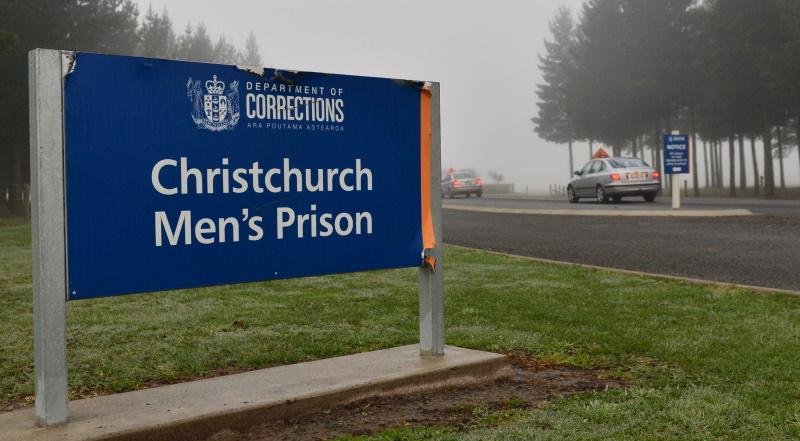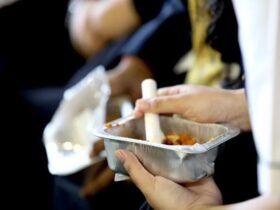Twenty-three properties around Christchurch Men’s Prison are unable to drink water from their private bores, a month after a fuel leak was discovered, Corrections has confirmed.
About 14,000 litres of diesel leached into the ground at the prison last month after the hatch of a fuel tank was left open as part of a programme to replace two of the three fuel tanks on site.
An investigation is underway to determine how the leak happened.
Corrections commissioner of custodial services Leigh Marsh said staff initially visited around 40 properties near the prison on June 6, almost two weeks after the fuel leak.
It found many properties were vacant or unoccupied, but eight were using water from private bores. Resident were told not use water for drinking, cooking or feeding stock or animals.
Marsh said it had since identified a further 14 households that have been told not to drink the water.
Affected properties had all been offered water; 11 households had been supplied with about 1700 litres of bottled drinking water and one property had been given two 1000-litre containers for livestock.
“A small amount of the bottled water was initially provided by Corrections from stock we had on-hand, but otherwise this is all being supplied and funded by Downer and has so far cost them approximately $3000,” Marsh said.
Soil testing from a bore drilled where the spill happened returned a positive result on June 12, showing diesel at a depth of 3-6m but there was no diesel present in the soil samples taken from other bores.
Marsh said groundwater samples taken from the bore at the spill site had all tested clear for any hydrocarbons.
A positive water sample came from a bore around 300m from the spill site on May 28, but further samples from that bore and the others had consistently returned clear results.
National Public Health Service medical officer of health Annabel Begg said it continued to work with technical experts from Environment Canterbury and Taumata Arowai to assess the risk to the affected residents reliant on private bore water.
She said water sampling and testing was ongoing to assess the risk to nearby, downgradient water supplies.
The public health service would continue to take a precautionary approach until it could be confidently established that the leak was contained within the prison boundary.
“At this stage there is no change to the advice to discontinue using your private supply for drinking water, tooth brushing and for food preparation. However, it is safe to continue showering or bathing and washing clothes with water,” she said.













Leave a Reply